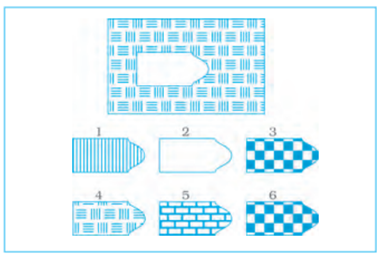- Books Name
- Psychology Book Class-12
- Publication
- PathSet Publications
- Course
- CBSE Class 12
- Subject
- Psychology
Types of Intelligence Tests
Individual or Group Tests
- Individual Tests
- Individual tests are administered to one person at a time.
- These tests require the test administrator to establish a rapport with the subject and be sensitive to her/his feelings, moods expressions during the testing session.
- These allow people to answer orally in a written form or manipulate objects as per the tester's instructions.
Group Tests
- A group intelligence test can be administered to several persons simultaneously.
- These do not allow an opportunity to be familiar with the subjects' feelings.
- They seek written answers usually in a MCQ format.
Verbal, Non-verbal or Performance Tests
Verbal Tests
- These tests require subjects to give verbal responses either orally or in written form.
- These tests can be administered only to literate people.
Non-Verbal Tests
- The non-verbal tests use pictures or illustrations as test items. These can be administered on illiterate people as well.
- Example- Raven's Progressive Matrices (RPM) Test

Performance Tests
- Performance tests require subjects to manipulate objects and other materials to perform a task.
- Written language is not necessary for answering the items.
- They can be easily administered to people from different cultures.
- Example- Kohs' Block Design Test
Culture-Fair or Culture-Biased Tests
Culture-Fair Tests
- Culture-fair or culturally appropriate tests are those that do not discriminate against individuals belonging to different cultures.
- These tests are developed in a manner that they assess experiences common to all cultures or have questions in which language usage is not required.
- Non-verbal and performance tests help reduce the cultural bias usually associated with verbal tests.
Culture-Biased Tests
- Culture-biased tests are designed for a specific population and show biased results for a specific group, culture, and population due to cultural influence.
Misuses of Intelligence Tests
- Poor performance on a test may make the child ashamed and thereby adversely affect their performance and self-respect.
- The results of the test may invite discriminatory practices / treatment from parents, teachers and elders in the society.
- Intelligence tests do not capture creative potentialities and practical side of intelligence.
- They do not relate much to success in life.
- Administering a test biased in favour of high class and middle class populations may underestimate the IQ of children coming from disadvantaged sections of the society.

 PathSet Publications
PathSet Publications
